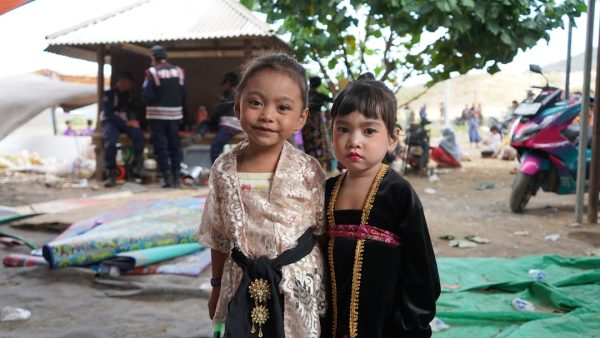The countercultural movement represents a significant chapter in the narrative of societal evolution, characterized by a collective rejection of mainstream values and norms. Emerging prominently in the mid-20th century, particularly during the 1960s, this movement was fueled by a confluence of social, political, and economic factors that prompted individuals to question the status quo. At […]
Embracing Cultural Identity: Navigating Diversity
Cultural identity is a multifaceted concept that encompasses the beliefs, values, customs, and practices that define a group of people. It is shaped by various factors, including ethnicity, nationality, language, and religion, and serves as a lens through which individuals perceive the world around them. At its core, cultural identity provides a sense of belonging […]
Preserving Cultural Heritage: A Vital Responsibility
Cultural heritage serves as the bedrock of human identity, encapsulating the traditions, values, and historical narratives that define communities and nations. It encompasses a vast array of elements, including languages, rituals, art forms, and architectural styles, all of which contribute to a collective memory that transcends generations. This rich tapestry of cultural expressions not only […]
Margaret Mead: Pioneering Anthropologist and Cultural Observer
Margaret Mead was born on December 16, 1901, in Philadelphia, Pennsylvania, into a family that valued education and intellectual discourse. Her father, a sociologist, and her mother, an educator, fostered an environment rich in academic curiosity. This nurturing atmosphere undoubtedly played a pivotal role in shaping Mead’s early interests in the social sciences. From a […]
Uncovering Cultural Diversity Through Anthropology
Anthropology serves as a vital lens through which we can examine the rich tapestry of human existence, particularly in the context of cultural diversity. This discipline, which encompasses the study of human societies, their customs, and their development, provides invaluable insights into the myriad ways in which people live, think, and interact across the globe. […]
Navigating Cultural Assimilation: Finding Balance and Identity
Cultural assimilation is a complex and multifaceted process that occurs when individuals or groups from one culture adopt the customs, values, and behaviors of another culture, often the dominant one. This phenomenon can be observed in various contexts, such as immigration, globalization, and social integration. At its core, cultural assimilation involves a transformation of identity, […]
Navigating Culture Shock: Tips for Adjusting to a New Environment
Culture shock is a multifaceted phenomenon that often accompanies the experience of moving to a new country or region. It encompasses the emotional and psychological disorientation that individuals may feel when they are immersed in an unfamiliar culture. This disorientation can stem from various factors, including language barriers, differing social norms, and contrasting values. As […]















